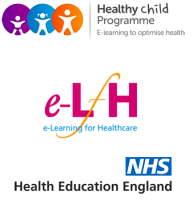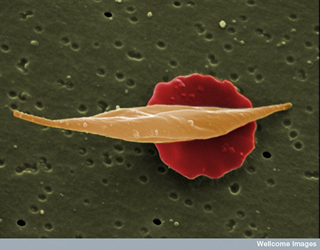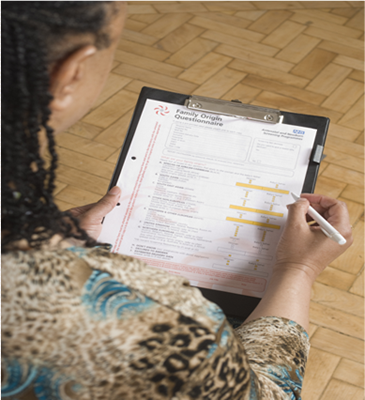Screening Programmes Part 1: Pregnancy and Newborn course



This session will describe and discuss the following three NHS antenatal and newborn screening programmes: screening for sickle cell and thalassaemia; newborn blood spot screening; and screening for infections in pregnancy.
Learning objectives
By the end of this session you will be able to:
- Describe the appropriate care pathway for each of the screening programmes, including the optimum times for testing
- Describe the basic aetiology of the conditions being screened for
- Discuss the rationale behind each of the screening programmes
- Identify the possible screening outcomes for each condition
The aims of antenatal and newborn screening are to detect health problems in the mother and/or newborn. The screening tests can help the parents to make informed choices about care or treatment of the mother and newborn. The aim of antenatal screening is to facilitate informed decision-making in relation to the care of the mother. The aim of newborn screening is to detect health problems early and to ensure affected children receive appropriate care as soon as possible.
Before commencing this session you should complete the following HCP session:
- 11_01 Overview and Principles of Screening (402-0070)
Jo Harcombe [MA, BA (Hons), DPSM, RM, RN] is currently the National Education Lead to the UK NSC screening programmes (England). This role covers the non-cancer screening programmes for England and ensures delivery of a cross-programme, multidisciplinary education strategy that supports NHS staff, commissioners and education institutes. Jo chairs several groups across the UK NSC and is a representative for the UK NSC across several organisations and stakeholder groups.
Prior to commencing this role Jo worked as a clinical midwife and senior lecturer in midwifery and women’s health and led several education projects related to clinical governance/risk management. Jo started working for the UK NSC in 2001 as a Regional Screening Coordinator for the North East region, and took on the education remit in 2002 part-time and full-time in 2004.
Jo’s Masters Degree is in Educational Leadership and her dissertation explored the use of ‘distributed leadership’ in the NHS as a means of securing sustainable professional education for screening.

- Anaesthesia Fundamentals | Anatomy | Mediastinum a...
- Posted By eIntegrity Healthcare e-Learning
- Posted Date: 2025-02-22
- Location:Online
- This session describes the contents, relations and anatomical divisions of the mediastinum.
- Anaesthesia Fundamentals | Anatomy | Microstructur...
- Posted By eIntegrity Healthcare e-Learning
- Posted Date: 2025-02-22
- Location:Online
- This session will cover the structure of the lungs and pleura at a cellular level. In particular there will be an emphasis on the structure and function relationships which allow gas exchange to occur.
- Anaesthesia Fundamentals | Anatomy | Trachea, Main...
- Posted By eIntegrity Healthcare e-Learning
- Posted Date: 2025-02-22
- Location:Online
- This session describes the structure, relations, blood and nerve supply of the trachea, carina, main bronchi and major bronchopulmonary segments.
- Anaesthesia Fundamentals | Anatomy | Anatomy of th...
- Posted By eIntegrity Healthcare e-Learning
- Posted Date: 2025-02-22
- Location:Online
- This session describes the anatomy of the oral cavity, pharynx and larynx. The nerve supply to the larynx and the implications of damage to these nerves is also described.
- Anaesthesia Fundamentals | Anatomy | Nasal Anatomy...
- Posted By eIntegrity Healthcare e-Learning
- Posted Date: 2025-02-22
- Location:Online
- This session focuses on the anatomy of the nose. It will also explore complications of nasal instrumentation, the functions of the nose, and its vascular and nerve supply.








